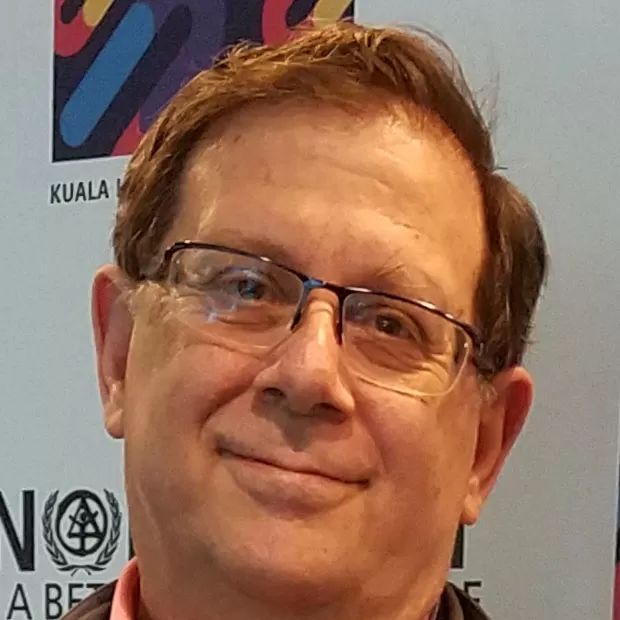Bruce Stiftel, FAICP, is professor emeritus of city and regional planning at Georgia Tech. His research concerns planning theory, adaptive governance, and international development. He chairs the Planners for Climate Action knowledge/research group, co-chairs the Researcher and Academic Partner Constituency Group in the World Urban Campaign, co-chairs U.N. Habitat's University Network Initiative, and is vice-chair of the American Planning Association, International Division.
A graduate of the State University of New York at Stony Brook, and of the University of North Carolina at Chapel Hill, Stiftel is former president of the Association of Collegiate Schools of Planning (ACSP), member of the Planning Accreditation Board, editor of the Journal of Planning Education and Research, founding chairperson of the Global Planning Education Association Network (GPEAN), and member of UN-Habitat's expert group on the International Guidelines on Urban and Territorial Planning.
As a student, how do I get the most out of the APA conference?
<!--StartFragment -->If you are a student planning travel to next week's national APA conference, you may be thinking about how to get the most out of the experience. Here are some ideas that have worked for others...
Planners Can Access Planning Research Much More Easily Than in the Past
<p>How useful is planning scholarship to planners in practice? Thirty years ago, the author of a British study of information use by planners found, "The journal is not a source of major importance to the planner in practice, though this statement must be taken to reflect inadequate privision and inadequate timeing for reading" (White, 1974). Perspectives differ, but at least some of the problem has been the difficulty of finding relevant scholarship at the moment it is needed. I believe that these difficulties have greatly reduced in the past few years, and that we are on the verge of an unprecedently increase in the use of scholarship in practice fueled by online bibliographic searching and retrieval. From both the scholar's and the practitioner's perspectives, this change will have substantial effects.<br /> </p>
